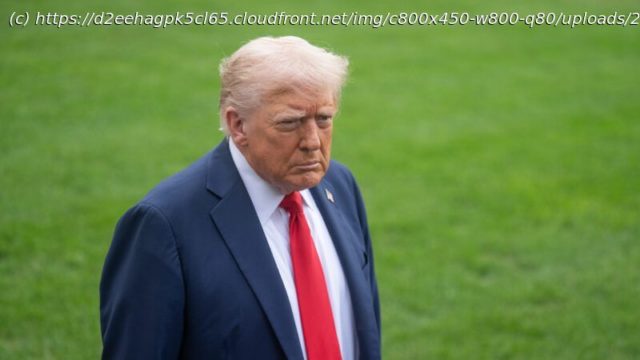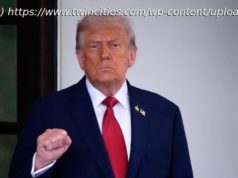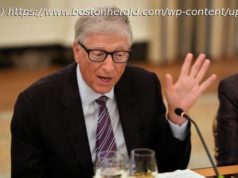History suggests that Republicans will regret letting the FCC police TV programming.
« When 97 percent of the stories are bad », President Donald Trump declared on Friday, « it’s no longer free speech. » When TV networks « take a great story » and « make it bad », he added, « I think that’s really illegal. »
Trump was wrong on both points. And in groping toward a justification for the regulatory threats that preceded Jimmy Kimmel’s expulsion from his late-night slot on ABC, Trump embraced a principle that historically was bad for conservatives—one they are apt to regret reviving.
« You have a network and you have evening shows, and all they do is hit Trump », the president complained. « They’re licensed. They’re not allowed to do that. »
Trump made similar noises during his first administration, saying « network news has become so partisan, distorted and fake that licenses must be challenged and, if appropriate, revoked. » But Ajit Pai, the Trump-appointed chairman of the Federal Communications Commission (FCC), rejected that suggestion in no uncertain terms.
« I believe in the First Amendment », Pai said. « The FCC under my leadership will stand for the First Amendment, and under the law the FCC does not have the authority to revoke a license of a broadcast station based on the content of a particular newscast. »
The difference this time around is that the FCC’s current chairman, Brendan Carr, clearly has no such constitutional compunctions.






